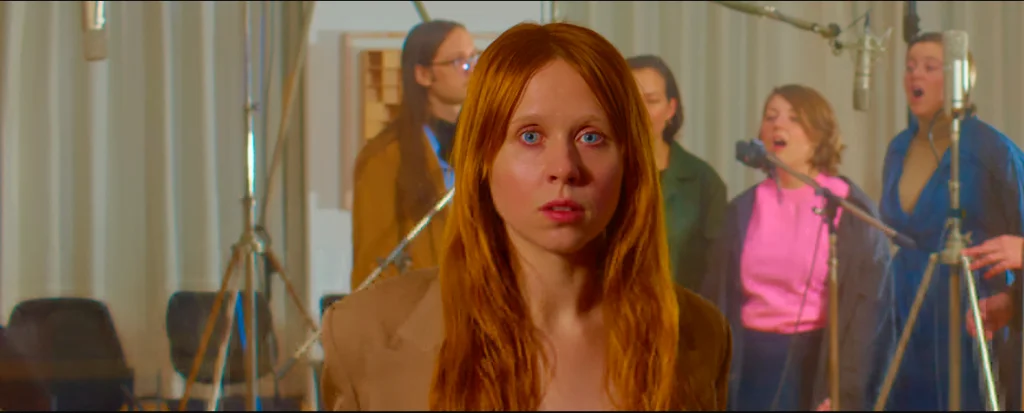According to Holly Herndon, “creating work with the voices of others is something to embrace.”

By allowing her followers to utilise a digital representation of herself to produce original artwork that they can subsequently sell, American artist and composer Holly Herndon appears to be cashing on the premise of deepfake technology.
Users who wish to create their own deepfakes utilising Herndon’s distinctive voice and picture will be able to sell their minted creations through the nonfungible token, or NFT, marketplace Zora, according to a Twitter announcement from the musician on August 12.
Herndon stated that fans can submit their digital copies for approval by the project’s DAO and that they will get 50 percent of any auction profits from the project.
As part of its inaugural release, the project said it would accept submissions from the public and use a smart contract to create three “genesis” Holly+ NFTs, which will then be minted and auctioned on Zora the following month.
A portion of any profits will be distributed to users, with 40% going to the DAO and the remaining 50% going to Herndon herself. At the time of publication, the reserve price for two of the genesis NFTs is 15 Ether (ETH), which is approximately $48,150 USD.
“Creating work with the voices of others is something to embrace,” said Herndon. “Anyone can submit artwork using my likeness.”
It is possible that Herndon’s digital twin, known as Holly+, will have substantial ramifications for musicians who wish to keep control over their image and voice.
Deepfakes have been used to spread misinformation and distort the facts in a variety of situations, despite the fact that the musician’s first two NFTs are unlikely to be mistaken for a natural speaking or singing voice.
In this situation, with the artist’s permission and encouragement, and with technology certain to improve in the future, more realistic — and marketable — digital replicas of Herndon might be created in the near future. For the time being, the DAO will issue a check to everyone who makes money off of non-approved voice snippets.
“Vocal deepfakes are here to stay,” said Herndon for the release of Holly+ last month. “A balance needs to be found between protecting artists, and encouraging people to experiment with a new and exciting technology. That is why we are running this experiment in communal voice ownership.”
